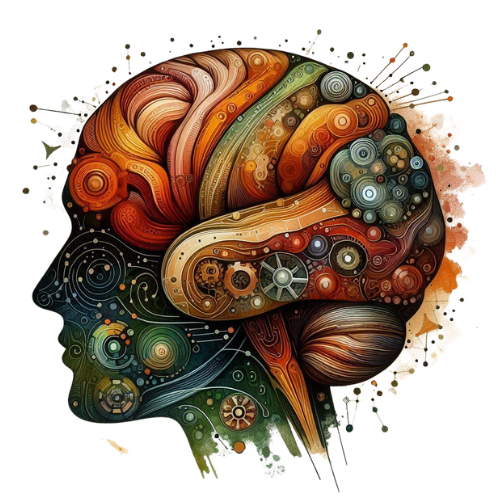Critical thinking seems to be a skill that in our society is extremely underused and undervalued.
Critical thinking is essential to our humanity because it enhances our ability to understand ourselves, make informed decisions, and engage meaningfully with the world.
Here are a few reasons why critical thinking is so important:
1. Self-Understanding and Personal Growth
Self-Reflection: Critical thinking allows us to reflect on our thoughts, beliefs, and actions. This self-awareness is crucial for personal growth and authenticity.
Emotional Regulation: By critically evaluating our emotional responses, we can better understand and manage our emotions, leading to healthier relationships and well-being.
2. Informed Decision-Making
Problem-Solving: Critical thinking helps us analyze problems, consider various solutions, and make decisions based on evidence and logic. This is vital in both personal and professional contexts.
Avoiding Cognitive Biases: It enables us to recognize and mitigate cognitive biases, leading to more rational and fair decisions.
3. Creativity and Innovation
Generating Ideas: Critical thinking fosters creativity by encouraging us to question assumptions and explore new perspectives. This can lead to innovative solutions and ideas.
Adapting to Change: In a rapidly changing world, critical thinking helps us adapt by evaluating new information and adjusting our beliefs and actions accordingly.
4. Social and Civic Engagement
Democracy and Society: Critical thinking is fundamental to a functioning democracy. It allows citizens to evaluate information, form reasoned opinions, and participate in civic life.
Ethical Reasoning: It helps us consider the ethical implications of our actions and make choices that align with our values and the greater good.
5. Understanding the World
Inquiry: Critical thinking is the basis of inquiry. It allows us to question hypotheses, analyse data, and draw evidence-based conclusions.
Cultural Awareness: By critically examining different cultures and viewpoints, we can develop a deeper understanding and appreciation of diversity.
In essence, critical thinking enriches our lives by making us more reflective, informed, creative, and engaged individuals. It helps us navigate the complexities of life with greater clarity and purpose, ultimately making us more human.
As a neuroscientist it is always important for me to be able to equate everything we do with brain function.
We are products of our environment, experience and engagement. Not least when we need to invoke our ability to critically think!
1. Brain Regions Involved in Critical Thinking
Prefrontal Cortex (PFC): This area is crucial for higher-order thinking, decision-making, and problem-solving. It helps us plan, reason, and control impulses.
Anterior Cingulate Cortex (ACC): Involved in error detection, emotional regulation, and cognitive flexibility. It helps us adapt our thinking when faced with new information or conflicting ideas.
Parietal Lobes: These regions are important for integrating sensory information and spatial reasoning, which are essential for analysing and synthesising information.
2. Neural Pathways and Processes
Neuroplasticity: The brain’s ability to reorganise itself by forming new neural connections. Engaging in critical thinking exercises can strengthen these pathways, making it easier to think critically over time.
Synaptic Pruning: The process of eliminating weaker synaptic connections while strengthening others. This helps improve the efficiency of neural networks involved in critical thinking.
3. Cognitive Functions
Working Memory: The ability to hold and manipulate information in the mind. Critical thinking relies heavily on working memory to evaluate and compare different pieces of information.
Executive Functions: These include skills like planning, cognitive flexibility, and inhibitory control. They are essential for setting goals, adapting to new situations, and controlling impulsive responses.
4. Emotional Regulation
Amygdala: This region processes emotions and can influence decision-making. Effective critical thinking involves regulating emotional responses to avoid biased judgments.
Mindfulness and Emotional Intelligence: Practices that enhance mindfulness and emotional intelligence can improve critical thinking by helping individuals remain calm and focused.
5. Practical Applications
Cognitive Biases: Understanding common cognitive biases (e.g., confirmation bias, anchoring) can help individuals recognise and mitigate their impact on thinking.
Metacognition: Being aware of one’s own thought processes (thinking about thinking) can enhance critical thinking by allowing individuals to evaluate and adjust their reasoning strategies.
So as this Thoughtober is going to be different to the last Thoughtober (to enhance our neuroplasticity) you have just one task each week (for paid subscribers), but it is extremely important.
Critical thinking is the ability to think independently and evaluate information objectively and accurately. It is an essential skill in a world filled with quick opinions, sound bites, and misinformation.
Keep reading with a 7-day free trial
Subscribe to Velorien Unbound to keep reading this post and get 7 days of free access to the full post archives.





